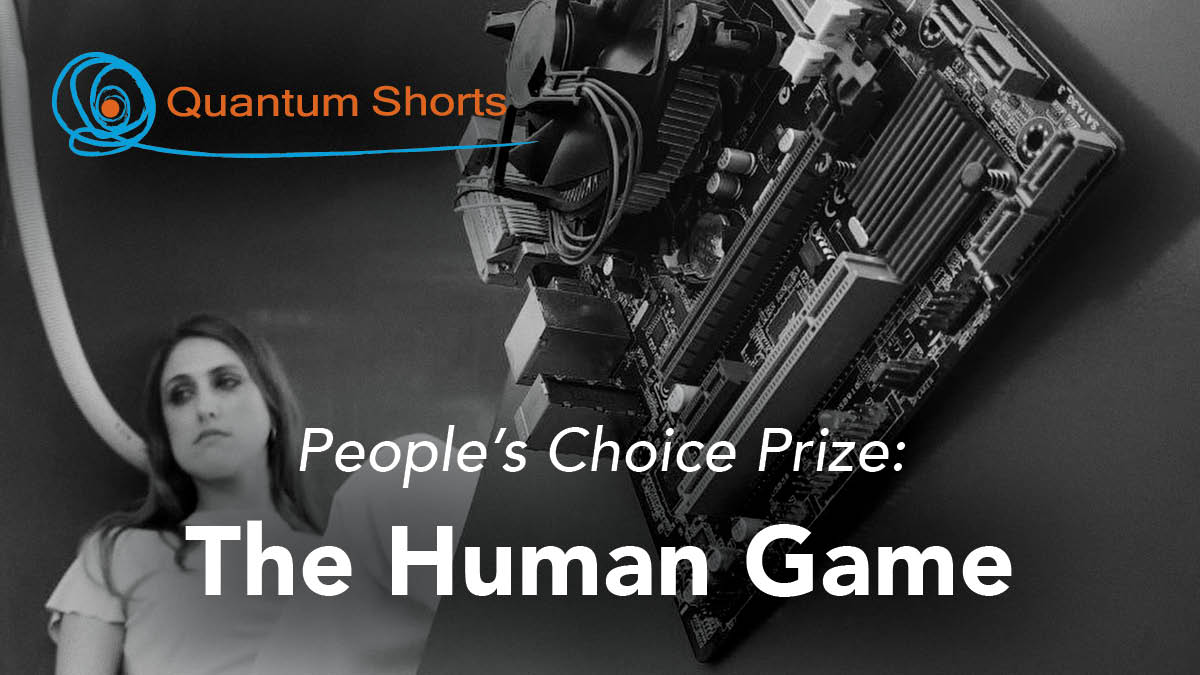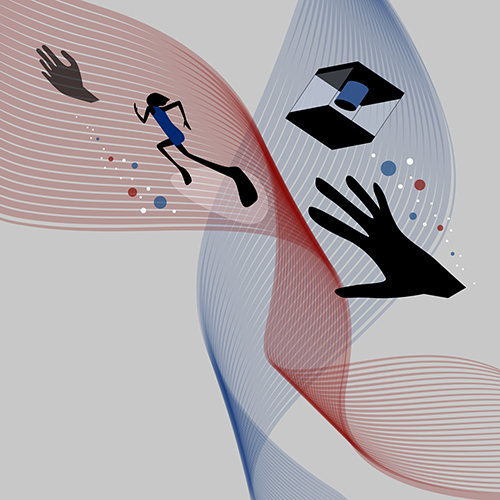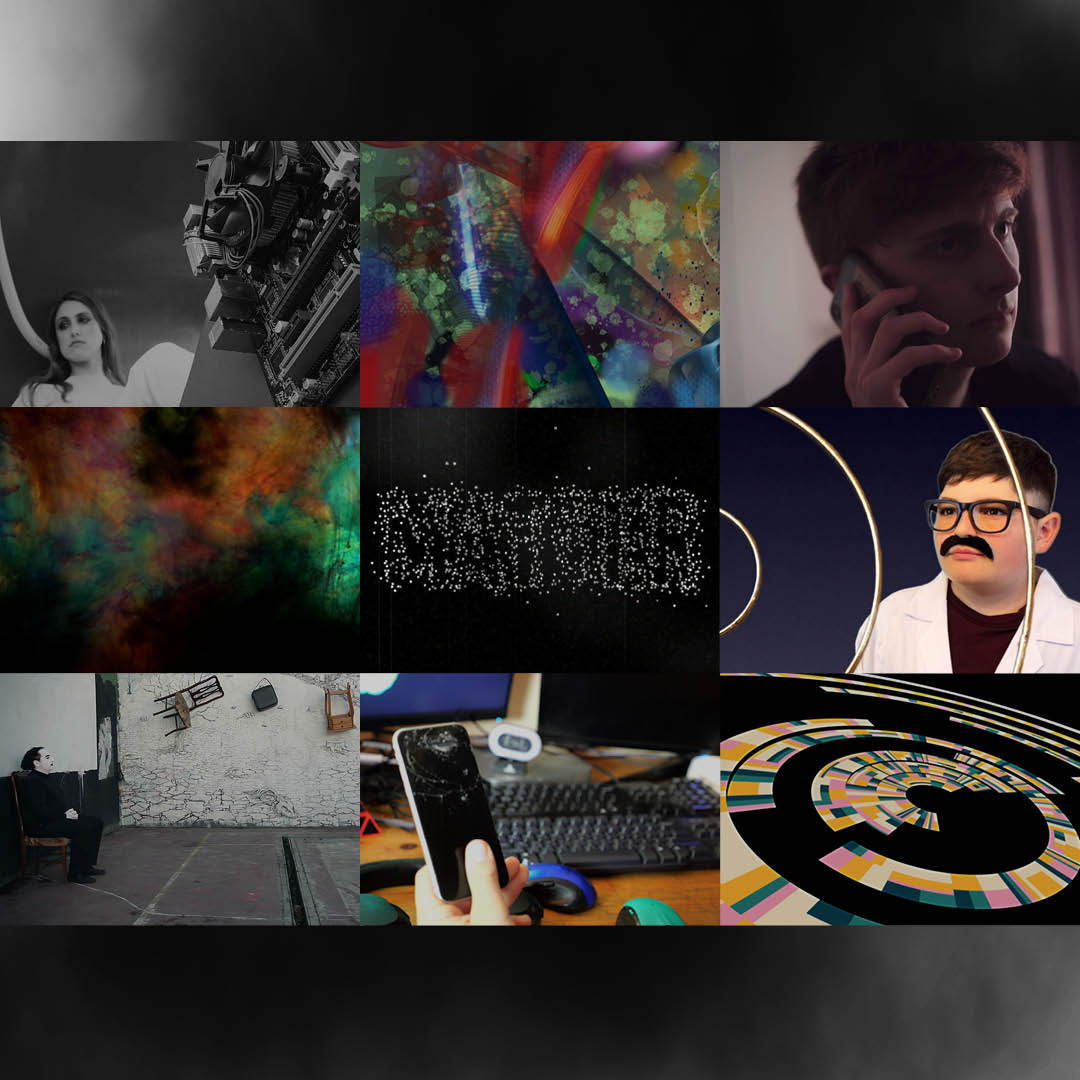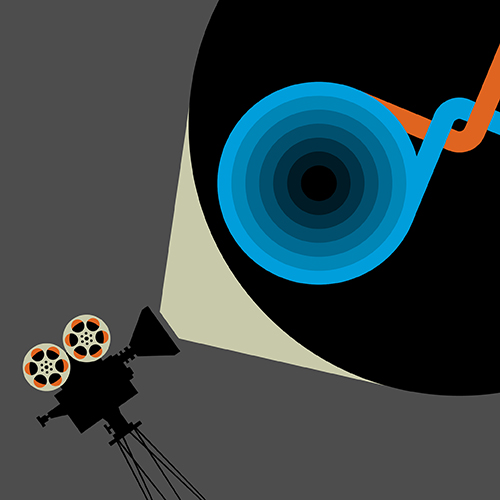Highlights
Winners of the Quantum Shorts film festival
Missed Call, an emotive short film about a physics student grappling with his father’s health crisis, has taken First Prize in the Quantum Shorts film festival. The Quantum Shorts film festival is organised by CQT with international media, scientific and screening partners.
“I am thrilled and honoured to be awarded first place in this year’s Quantum Shorts Film Festival!” says director Prasanna Sellathurai. “I’ve often heard that quantum physics can be considered difficult to approach. This award proves to me that passionate stories, that find creative ways to marry the most personal with the most complex, can speak to all of us.”

Missed Call was one of two winners selected by the Quantum Shorts judging panel from a shortlist of nine quantum-inspired films. CQT Director José Ignacio Latorre served as a judge along with Ágnes Mócsy, Alex Winter, Honor Harger, Jamie Lochhead and Neal Hartman. THE observer was selected as Runner Up. A public vote on the shortlist picked The Human Game for the People’s Choice Prize, rounding out the top three films in the festival.
On the shortlist, Director and Executive Producer Jamie Lochhead said, “It was interesting to see the broad range in style and tone of the various films and their links to the theme of quantum science. I enjoyed the humour in the writing and performances in several of the films.”
The three winners get a cash award and an engraved trophy. This is in addition to the screening fee, certificate and digital subscription to Scientific American that is awarded to all the finalists.
In making Missed Call, director Prasanna Sellathurai, who is from the United Kingdom, wanted to communicate a surreal time effectively through film. “For us, the analogy of quantum entanglement was a perfectly apt one to use because when you have somebody you care about going through something traumatic, time is perceived in a different way and all you think about is their experiences and how you can see yourself have the same experience,” he said.
Director, writer and actor Alex Winter called it “an artful and poignant exploration of quantum”. For his efforts, Prasanna Sellathurai receives USD 1500.

The runner up prize of USD 1000 goes to Spanish director Alma Llerena of THE observer. The short film presents an artistic take on the observer effect through screendance, a hybrid medium of cinematography and choreography. It hopes to inspire audiences to contemplate how their personal reality is affected by how they observe it.
The film was a favourite of judges Ágnes Mócsy and José Ignacio Latorre, with Ágnes Mócsy praising it as a “creative production, well executed”.
“I am truly honoured and happy to be selected as the runner up with the film THE observer in this film festival,” says director Alma Llerena. “I hope that the work can inspire someone to think for a minute about the importance of consciously being the observer.”

Spanish director Dani Álava wins the People’s Choice Prize of USD 500 for his film The Human Game. The film portrays a dystopian future with quantum machines and “was conceived as a fictional propaganda video with the aesthetic codes of a fashion film”. Dani Álava hopes the film makes audiences think about what kind of future we want as a species.
“On behalf of the whole team who made The Human Game possible, I would like to thank all the viewers for giving us their vote and choosing our short film as their favourite. I am personally thrilled to keep using cinema as a medium and quantum physics as a theme to narrate stories that connect with people across the globe,” says Dani Álava.
Congratulations to the winners! The shortlisted films have already been screened in New Zealand, Singapore and Canada, with more events to come. You can watch the shortlisted films on the Quantum Shorts website, where you can also find interviews with the filmmakers.
CQT organises Quantum Shorts with media partners Scientific American and Nature, and scientific partners, the ARC Centre of Excellence for Engineered Quantum Systems; the Dodd-Walls Centre for Photonic and Quantum Technologies; the Institute for Quantum Computing at the University of Waterloo, Canada; the Institute for Quantum Information and Matter at Caltech; QuTech; and the UK National Quantum Technologies Programme.
Learn more
Related Stories
 | Three stories win prizes in the Quantum Shorts flash fiction competition April 05 2022 |
 | The finalists of the Quantum Shorts film festival February 20 2023 |
 | Quantum Shorts returns with a new call for films September 30 2022 |






